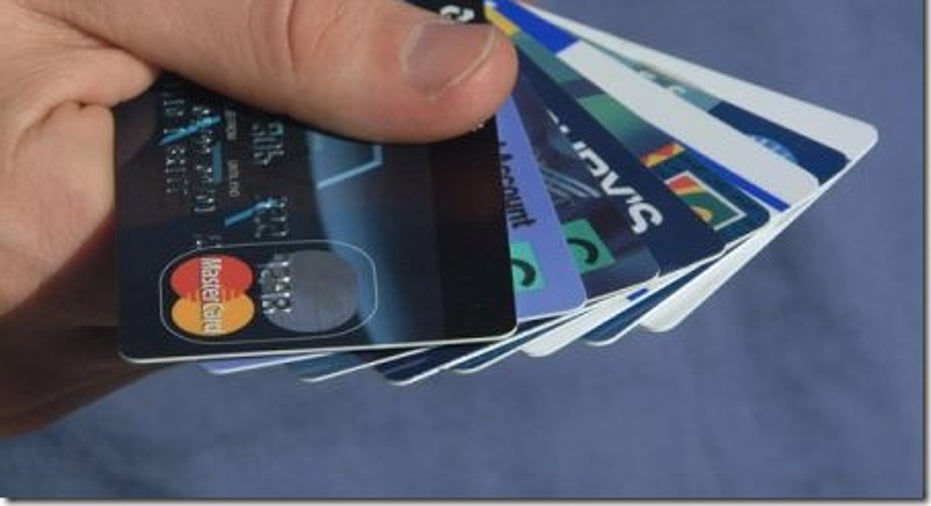Protect Yourself From Rising Identity Theft Crimes

Continued tough economic times and high unemployment may lead to more financial scams, including credit card fraud and other types of identity theft, according to the Identity Theft Resource Center and renowned security consultant Robert Siciliano.
Desperate Times Lead to More Credit Card Fraud
Desperation leads some people with no criminal background to commit their first scams. After maxing out credit cards and ruining their credit scores, these folks resort to stealing credit card numbers. Identity Theft Resource Center executive director Jay Foley predicts they'll resort to low-tech methods, such as swiping credit card information from trash barrels, or they'll use the Internet to send phishing e-mails or post phony ads on Craig's List to get cash or credit card numbers.
Experts have long known that many identity theft cases are perpetrated by acquaintances, friends, or loved ones of the victims. Federal Trade Commission survey reports show that identity theft victims knew those who had misused their personal information in 16% of all ID theft cases. And 6% of victims reported a family member or relative as the perpetrator. The ID Theft Resource Center and Siciliano predict more of these sad, "all-in-the-family" cases.
The center reports that almost 10% of its caseload in the last half of 2009 involved the misuse of children's social security numbers.
Siciliano and the ID Theft Resource Center also project an increase in hacking cases to steal personal financial information, such as credit card, bank account, and social security numbers. Hackers are honing their skills and passing them on to young protegees, says center founder Linda Foley.
Besides credit card fraud, experts predict an increase of other types of scams, such as phony job listings that trick people into sending cash or giving out their social security numbers, governmental ID theft (stealing someone's identity to get government benefits) and medical ID theft (theft of a victim's identity to get health coverage).
Don't Become a Credit Card Fraud Victim
Protect yourself by:
• Shredding credit card offers and statements before discarding.
• Using tough-to-crack passwords online, and not using your credit card on unsecure Web sites.
• Never giving out credit card numbers in response to phone calls, email messages, or cell phone texts.
• Monitoring your credit card statement and reporting unauthorized charges immediately.
• Not lending your credit card to anyone.
The original article can be found at IndexCreditCards.com:Protect yourself from rising identity theft crimes



















